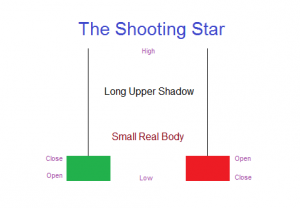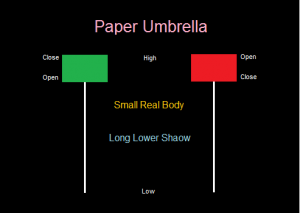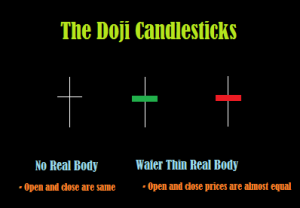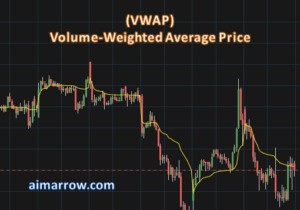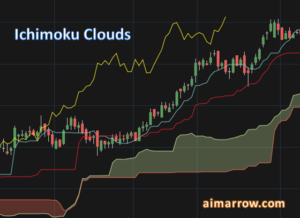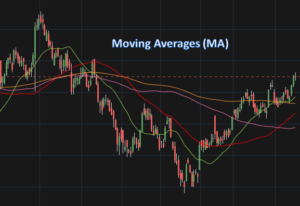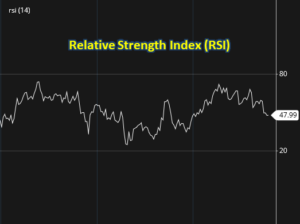What is Stock Market?
The stock market refers to collection of markets and exchanges that facilitate issuing and transacting/trading (buying & selling) of equities or stocks of publicly held companies, bonds, and other classes of securities, either through stock exchanges (example: National Stock Exchange – NSE, Bombay Stock Exchange – BSE) or over-the-counter (OTC) marketplaces.
In other words, just as we go to a mall or a super market to buy different things, we go to the stock market to shop or transact on equity investments. However, there are many market participants operating in stock markets. Our article on stock market participant will help you understand them better.
What are stocks and why are they traded?
Stocks or shares represent part ownership of a company. To scale a business, promoters of the company approach institutions like Banks, Funds and public with an Initial Public Offering (IPO) where they list their stocks on a Stock Exchange.
Public (like you and me) or institutions buy these shares and the funds flow to the company. The shareholders thereby become part owners of the company. Please do note that the stockholders do not own the company itself but they only own shares issued by the company.
Performance of the share price generally depends on performance of the company. If the company does well, share price of that company increases and vice versa. The shareholder of a company will not only benefit from the raise in the share price but will also receive the bonus shares or dividend if issued by the company.
An efficiently functioning stock market is considered critical to economic development, as it gives companies the ability to quickly access capital from the public.
Difference between stock and shares
Stock is a general term used to describe the ownership certificates of any company, and shares refer to the ownership certificates of a particular company.
Difference between stock market and share market
In a share market, you can invest in company shares, while in a stock market you can find other financial assets like bonds, mutual funds, and derivatives available for trading. One can say that the share market is a subset of stock market. The stock market consists of various segments like Equities, Currency Market and Commodity Market.
History of Stock Market:
Although stock trading dates back as far as the mid 15th century in Antwerp – a city in Belgium, modern stock trading is generally recognized as starting with trading of shares in the East India Company, in London. The company shares were issued on paper, enabling investors to trade shares with other investors, but regulated exchanges did not exist until the formation of the London Stock Exchange (LSE) in 1773.
Unlike the early days when shares were issued on paper, stock markets are now completely digital and can be accessed through a registered intermediary called the stock broker. In India, it is impossible to trade on the stock exchange without a Stock Broker.
Primary and Secondary Markets:
Stock market consists of two main sections, primary market, and secondary market. The primary market is where new issues (shares) are first sold through initial public offerings (IPOs). All subsequent trading happens in the secondary market, where participants include both institutional and individual investors. A company uses the money raised from its IPO to expand the business or to meet the working capital requirements, but once its stock starts trading, it does not receive funds from the buying and selling of its shares.
What time does the stock market operate?
In India, both the popular stock exchanges NSE and BSE, operate from 9:00 AM to 3:30 PM on weekdays i.e Monday to Friday and would remain closed on Saturday and Sunday, and scheduled public holidays. You will find the holiday calendar on the NSE and BSE websites. Click here for the list of all the prominent stock exchanges in the world and their schedule.
What should one do to invest or trade in stock market?
Along with a bank account, one must have or open a trading account and/or a demat account. Click here to learn the difference between a trading and a demat account.
